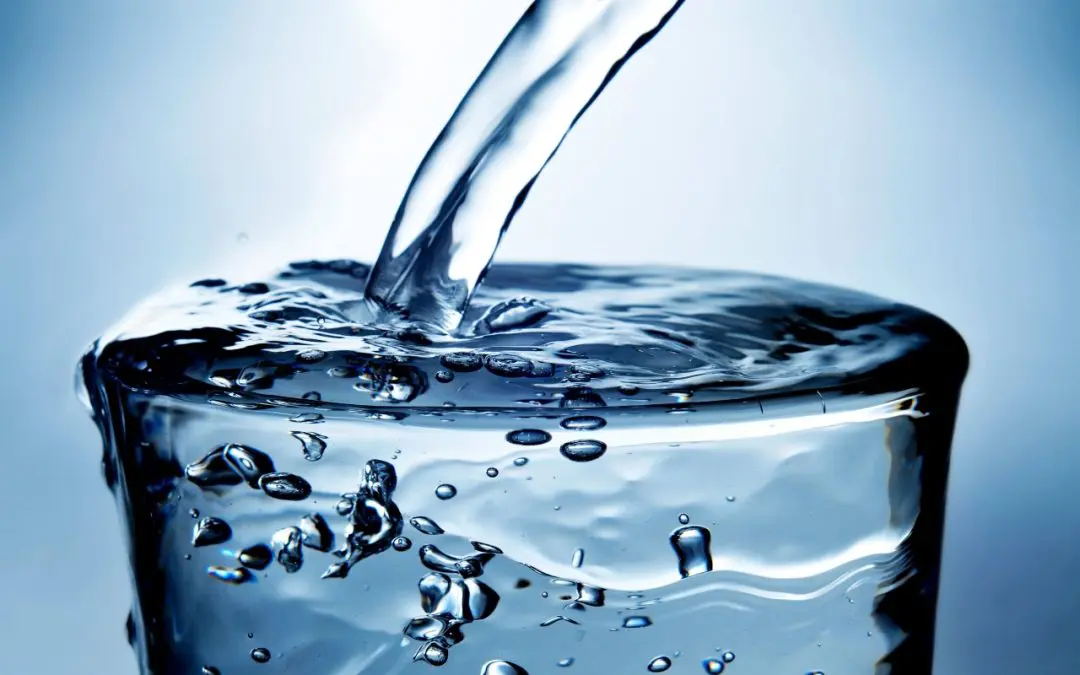Every day, you rely on the water from your taps for drinking, cooking, bathing, and cleaning. While municipal water systems are regulated, private wells are entirely your responsibility, and even city water could develop issues due to aging infrastructure or localized contamination. This uncertainty highlights the critical need for regular water testing. Understanding your water quality through professional analysis is fundamental to homeownership and safeguarding your family’s health.
Why Water Testing is More Important Than You Think
Many homeowners assume their water is safe simply because it looks clear and tastes fine. However, many common contaminants are odorless, colorless, and tasteless. Invisible threats like lead, arsenic, bacteria, pesticides, and industrial chemicals pose serious health risks with long-term exposure. For homes on private wells, regular water testing is non-negotiable. Wells draw directly from groundwater, which could be affected by agricultural runoff, septic system failures, geological conditions, and nearby industrial activity. Even if you’re connected to a municipal supply, testing your water is still beneficial, as aging pipes leading to your home or even within your home could leach contaminants like lead into otherwise clean water. Furthermore, unexpected events like main breaks or local construction may temporarily affect water quality. Professional testing provides a definitive answer on the quality of your water.
The Limitations of DIY Testing Kits
In an age of DIY solutions, many homeowners are tempted by inexpensive, at-home water testing kits. While these kits can offer a preliminary glance at basic parameters like hardness or chlorine levels, they have significant limitations that may lead to a false sense of security. DIY kits often lack the precision and sensitivity to detect dangerous contaminants at health-based action levels. They may test for only a handful of common substances, missing critical, more complex pollutants, and the accuracy of the results are dependent on the user’s ability to follow instructions and translate results, the freshness of the reagents, and proper sample handling. Many dangerous contaminants require highly specialized lab equipment to accurately identify and quantify. Relying solely on a basic DIY kit will give you some data, but it won’t give you the full picture that professional testing will provide.
The Unmatched Value of Professional Water Testing
Opting for professional water testing offers unparalleled accuracy, comprehensive analysis, and expert interpretation. When you choose a certified professional, you benefit from several key advantages. Your samples are sent to accredited laboratories equipped with sophisticated instruments capable of detecting a vast array of contaminants down to trace levels, far beyond what any home kit can achieve. Professionals follow specific protocols to avoid contamination and guarantee the sample accurately reflects your water quality. Comprehensive panels are designed to target common local contaminants, as well as a broad spectrum of general health indicators, going beyond basic chlorine to include heavy metals, volatile organic compounds, pesticides, nitrates, and various bacteria. You’ll get expert interpretation and recommendations, they will explain what findings mean for your health and home, offering clear, actionable recommendations if contamination is found.
When to Schedule Professional Testing
While annual water testing is recommended for private wells, certain situations warrant immediate testing for any homeowner. You should test when buying or selling a home, as water quality is a significant factor in real estate transactions. Test when you notice changes in your water, such as a difference in taste, odor, clarity, or color, or a sudden drop in water pressure. You should also test if there is nearby construction or development, as new construction, roadwork, or agricultural activity could disturb groundwater and introduce contaminants. Lastly, test after plumbing changes, such as replacing old pipes, to verify the new water quality. Investing in professional testing is investing in your family’s health and your home’s longevity.
Frequently Asked Questions (FAQs)
How often should I test my well water?
For private wells, it is generally recommended to conduct water testing annually.
What are common signs of bad water quality that should prompt testing?
Common signs include a metallic taste, strong chlorine or rotten egg smell, cloudy or discolored water, or stains on fixtures or laundry. However, many dangerous contaminants are undetectable by senses, emphasizing the importance of professional water testing.
If my municipal water report says my water is safe, do I still need testing?
While municipal reports are valuable, they represent water quality at the treatment plant. Your water could pick up contaminants from aging service lines leading to your home or even your home’s internal plumbing.
What happens if my test reveals contamination?
If contamination is found during water testing, professionals will explain the results, discuss the health implications, and provide clear, actionable recommendations for remediation, which might include point-of-use filters, whole-house filtration systems, or well treatment.
Esham Inspections provides water testing and home inspections in Maryland and Delaware. Contact us to schedule our services.

